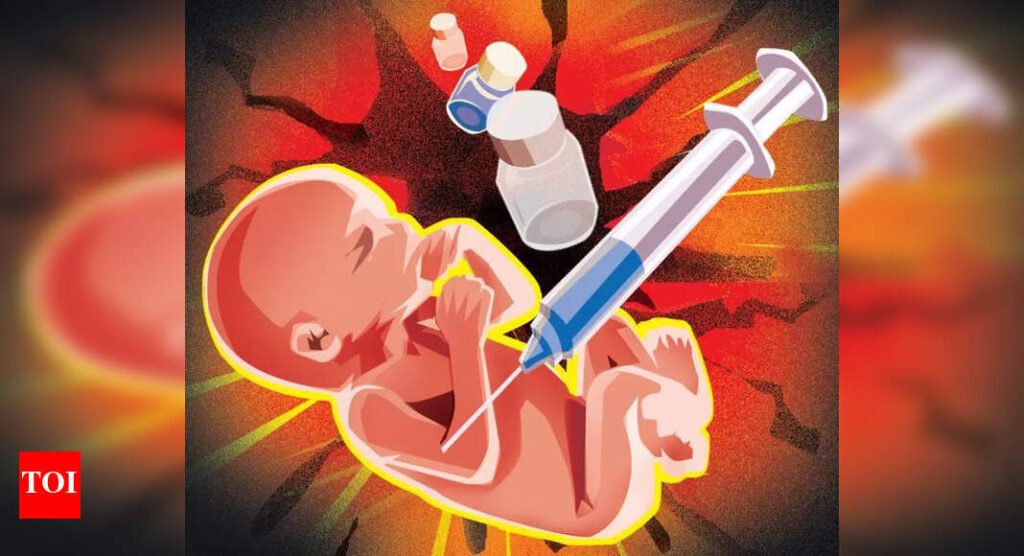Jaipur: A landmark review published in the European Journal of Pediatrics has highlighted the growing crisis of antibiotic resistance in neonatal sepsis treatment. The study, titled “Antibiotic Strategies for Neonatal Sepsis: Navigating Efficacy and Emerging Resistance Patterns,” was co-authored by Jaipur’s North Western Railway Hospital’s psychiatrist Dr Ram Matoria, and Dr Pankaj Soni, senior pediatrician based in the UAE. Analysing data from 8,954 neonates across 37 studies conducted between 2005 and 2024, the review assessed mortality rates, treatment failure, and resistance profiles of commonly used antibiotics.“Antibiotic resistance in neonates is a ‘Growing Global Threat’ by the stalling progress in neonatal survival and public health, and this study is a wake-up call,” said Matoria. He said, “We must strengthen antibiotic stewardship programmes and invest in local microbial surveillance to ensure that empirical treatments are both effective and sustainable. The future of neonatal care depends on it.”In the study, commonly misused antibiotics highlighted are ampicillin, gentamicin, and amikacin, which were the most frequently prescribed empirically. For definitive treatment, vancomycin, amikacin, and meropenem were commonly used—even in culture-negative cases.The study found that empirical use of antibiotics in neonates is rising due to a lack of rapid diagnostics, fear of missing early-onset sepsis, inconsistent adherence to guidelines, and limited local antibiogram data. The study emphasised that rising drug resistance limits safe, effective treatment options. Talking about the drug resistance pattern, the study says that resistance to aminoglycosides was reported in 20% to 45% of cases, third-generation cephalosporin resistance ranged from 15% to 35%, and carbapenem-resistant Gram-negative pathogens were identified in 10% of global cases.


